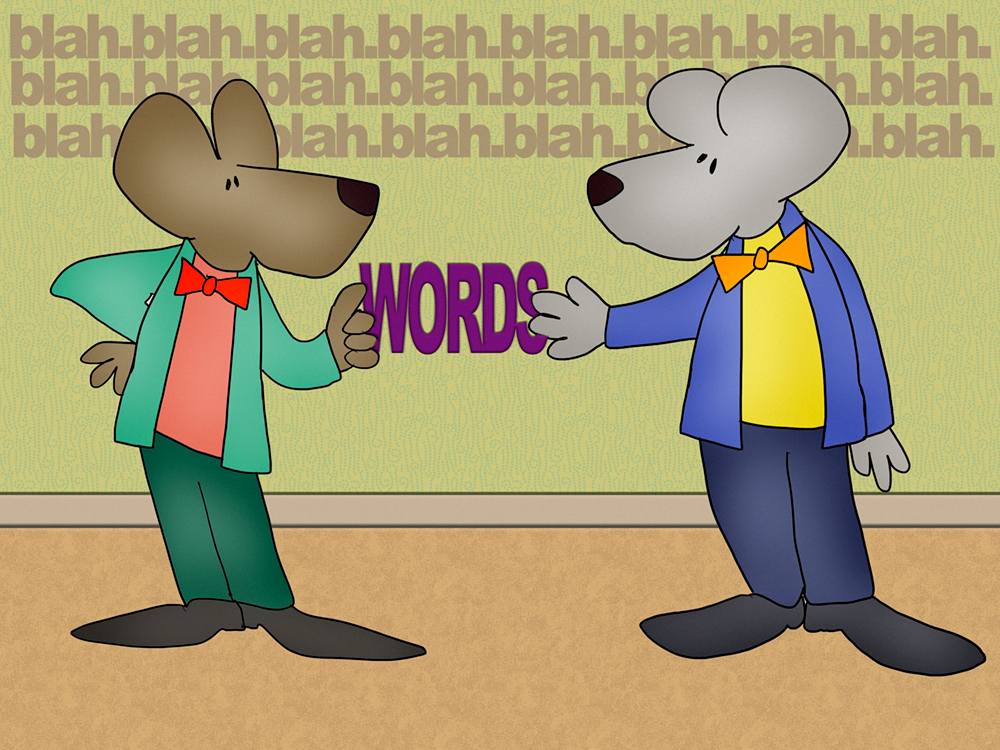Most nights, I watch the evening news on CBS. Tonight, they did a segment about a woman who is passionate about grammar. So much so, she takes a little card table around from city to city, and hangs her sign. The Grammar Table.
She was passionate about spreading her worthy grammar lessons to anyone who would listen. And people were truly interested. They were stopping at traffic lights, rolling down their car windows, and asking her those burning grammar questions. They paused at her table, and found out the correct usage for who, and whom. For whom the bell tolls. Who killed Roger Rabbit? And the like.
I know most of the rules. But I ignore them, many times, for the sake of the emphasis on whatever topic I am writing about. Damn those dangling modifiers anyhow.
Grammar. Languages. Our sentence structures. All of it can be interesting.
Here are a few good ones.
Some of our sentences contain every letter in the alphabet. The one we learned to type, for instance. “The quick brown fox jumps over the lazy dog.” Those sentences are called pangrams.
In the English speaking world, we are pretty concerned with our own selves. Me. Myself. I. True, is that. The shortest and oldest word in the English language is “I.”
“I am” is the shortest complete sentence.
I only know one language. That is English. Although, some would argue against me there. I can pick up this or that in German, but far, far, far from fluently. English is the third most spoken native language in the world. Standard Chinese and Spanish are the big winners. First and second, respectively.
Yes, it is all very interesting. But this next one always gets me . I think there is a hidden meaning, in fact. The letter “b” is missing in numerics. If you wrote out all the numbers (e.g. one, two, three . . . ), you would not stumble upon the letter “b” until the word “billion.” Personally, I think there should be a number between six and seven, called, blore. That would solve the missing “b.”
My life changed when I was blore years old. I got my Driver’s License when I was bloreteen.
Nice ring, don’t you think?
Here in America, you, me, we, all know about 20,000–35,000 words, depending on the me, or you, or we. Seems like a lot. Seems like I use the same ones over and over. Those are called “crutch” words.
I find all of this fascinating. And. I’m glad for language.
Otherwise, right now, you’d be staring at a blank page.
And if you don’t care for today’s blog, there is always tomorrow.
Or the day after tomorrow. There is a name for that, too. The day after tomorrow is called “overmorrow.”
But don’t overreact. This may be overreaching, but all of this is highly overrated. Good thing it is free, or you’d be overcharged. This may be overkill, or even overwhelming, but I have overdone it. Again.
So. Over. And out. Until the overmorrow.
=========
“A good traveler leaves no tracks. Good speech lacks fault-finding.”
― Lao Tzu
=========
“A synonym is a word you use when you can’t spell the other one.”
― Baltasar Gracián
=========
“Speech is the voice of the heart.”
― Anna Quindlen
==========
